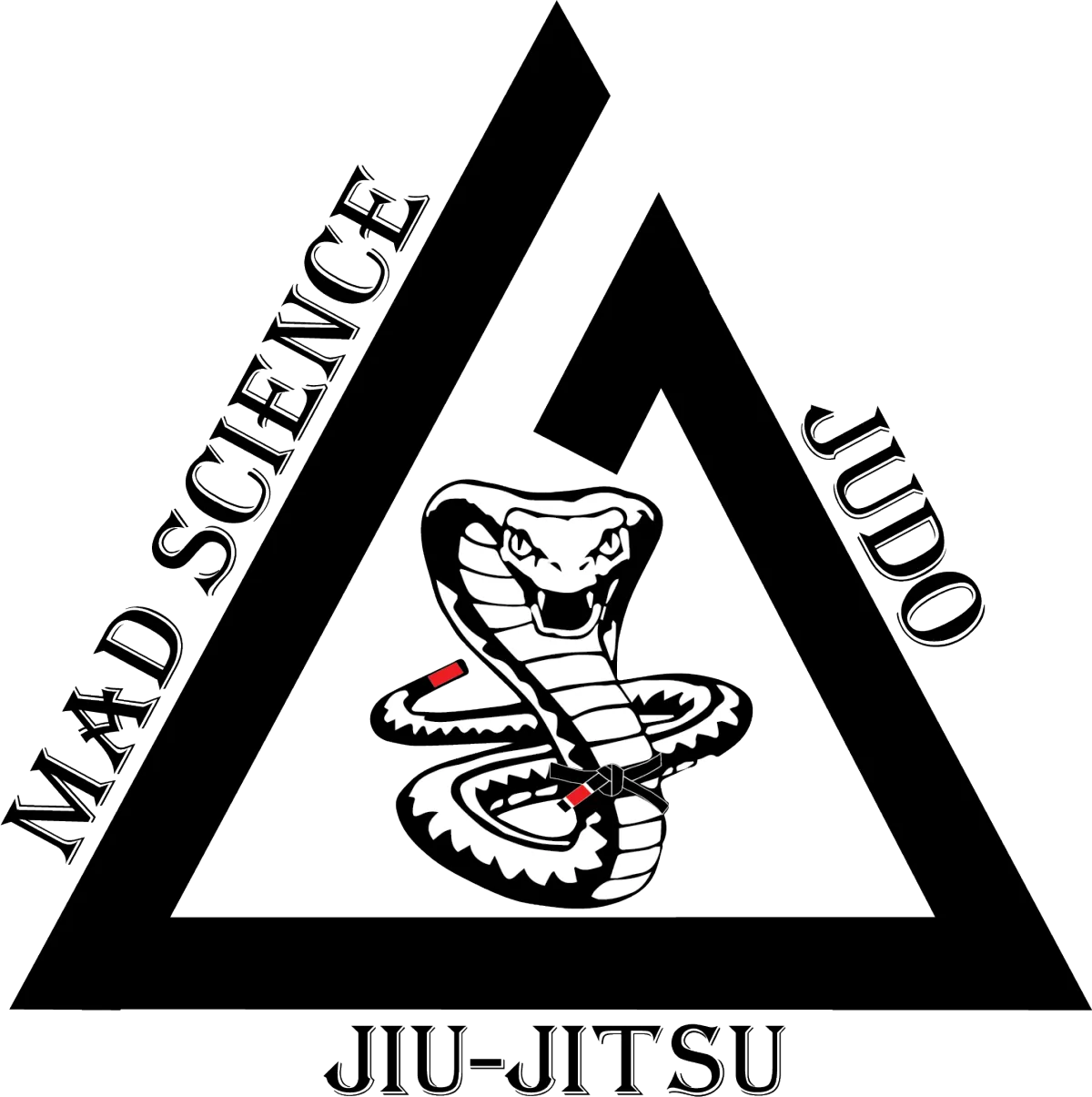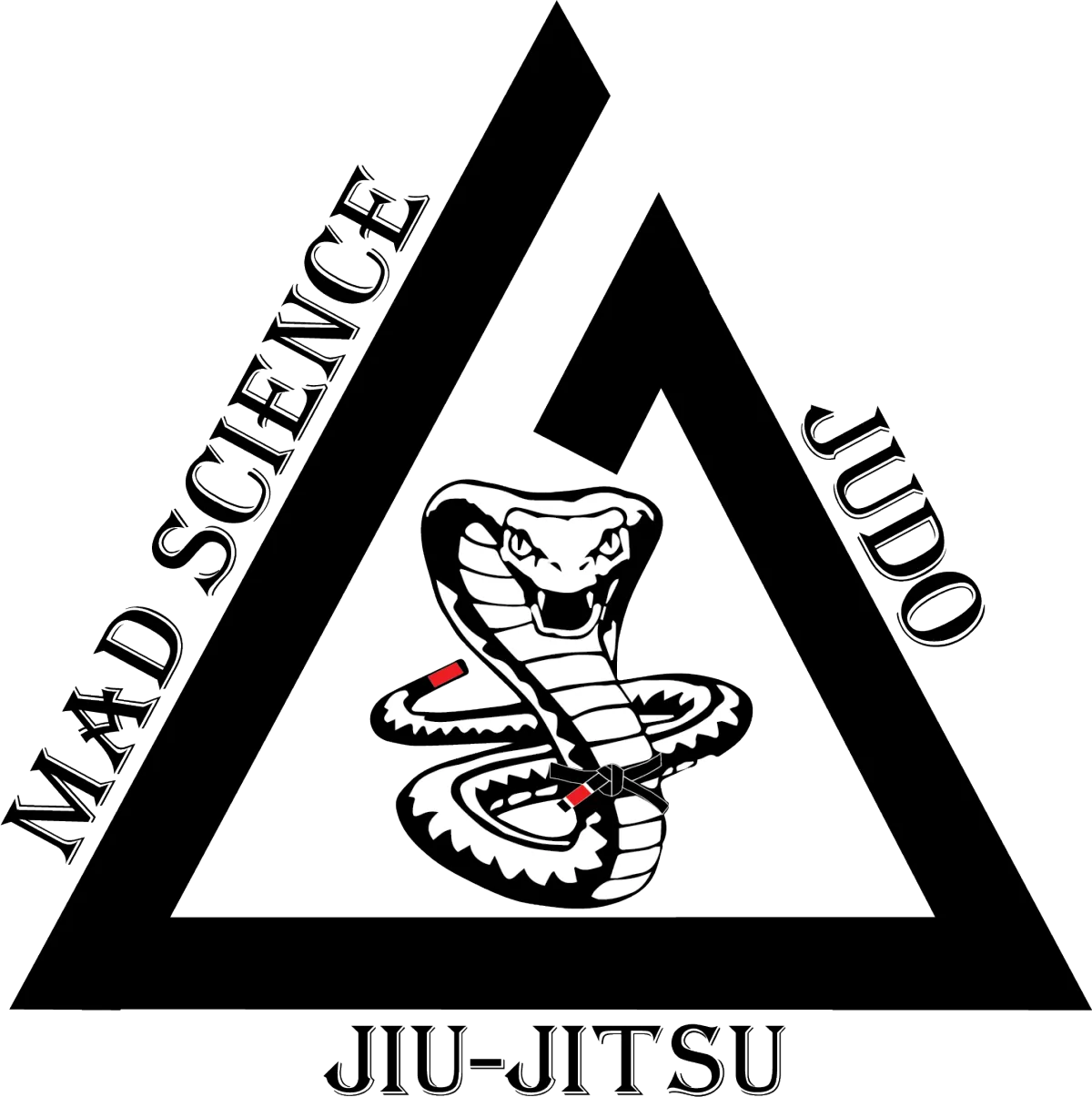We're Sorry The Requested Page Is Unavailable

Please review the menu of pages to explore other great content. If you were looking for a blog, don't miss out our most recent posts by clicking here


Please review the menu of pages to explore other great content. If you were looking for a blog, don't miss out our most recent posts by clicking here
